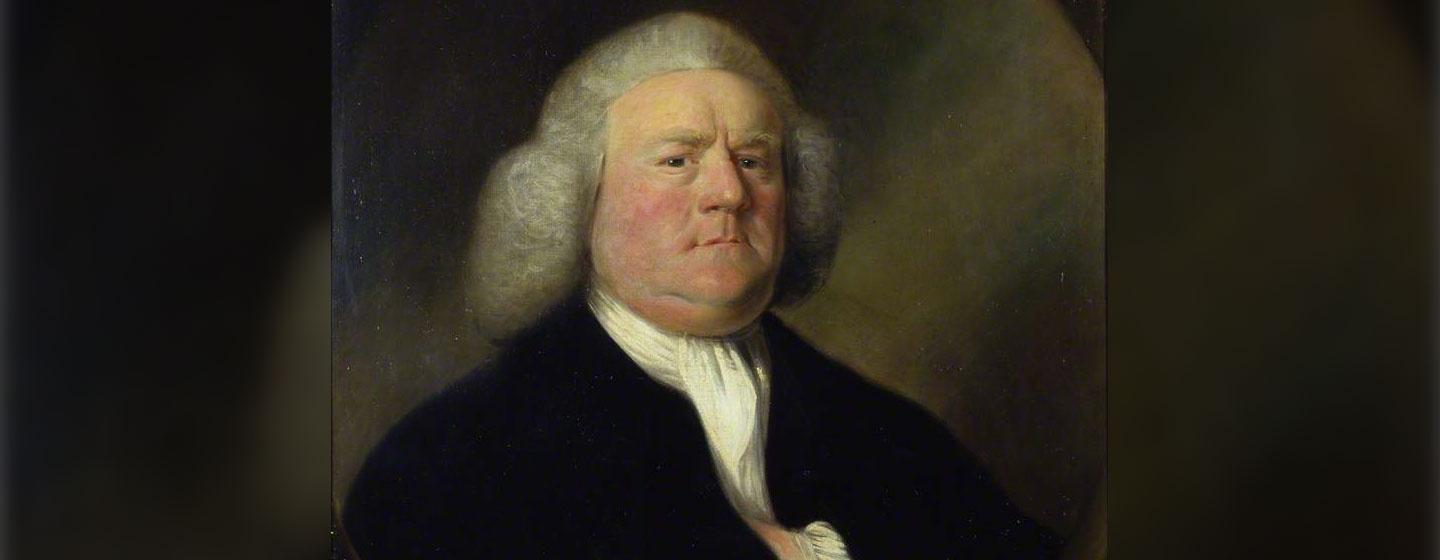His father was a cabinetmaker, his mother a home-maker.
At age 8, he was taken on as a choirboy at St. Paul’s Cathedral. The problem with choirboys is they have a very short shelf-life with their expiration date being… puberty. Such was the case with Boyce when his voice broke in his teens when he then switched to organ.
His first professional appointment in his early 20s was organist at Oxford Chapel in London. He subsequently took similar posts over the years as his notoriety developed and increased. He was finally appointed to the King’s court as “Master of the King’s Music,” the equivalent of Court Composer in 1757.
His work as a composer began at about age 20 with many songs, oratorios, operas, sonatas, scores for plays, and a large body of chamber work.
Like Beethoven, Boyce also began growing deaf at a fairly young age. By about age 50, it had progressed to where he was unable to continue performing and finally resolved to devote himself to editing and composition.
He died from an attack of gout on February 7, 1779.
His music was largely forgotten until the 20th century when a revival took place in the 1930s. Although his catalog is quite large, he is best remembered today for his series of 8 short symphonies.



